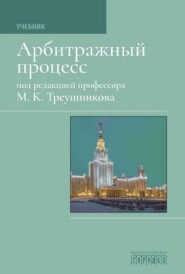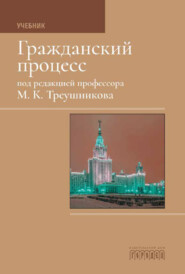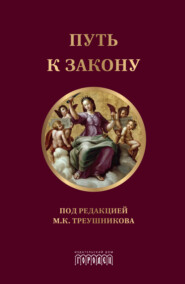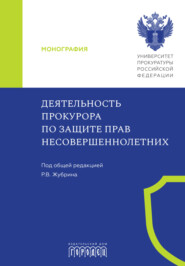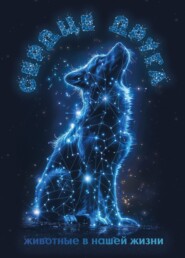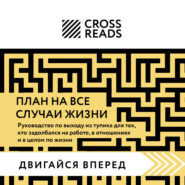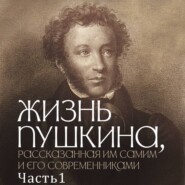По всем вопросам обращайтесь на: info@litportal.ru
(©) 2003-2024.
✖
«Однажды ночью я увидел вечность…» Английские стихотворения XVI–XVII веков / I saw Eternity the other night…
Настройки чтения
Размер шрифта
Высота строк
Поля
Give me my scallop shell of quiet,
My staff of faith to walk upon,
My scrip of joy, immortal diet,
My bottle of salvation,
My gown of glory, hope’s true gage,
And thus I’ll take my pilgrimage.
Blood must be my body’s balmer,
No other balm will there be given,
Whilst my soul, like a white palmer,
Travels to the land of heaven;
Over the silver mountains,
Where spring the nectar fountains;
And there I’ll kiss
The bowl of bliss,
And drink my eternal fill
On every milken hill.
My soul will be a-dry before,
But after it will ne’er thirst more;
And by the happy blissful way
More peaceful pilgrims I shall see,
That have shook off their gowns of clay,
And go apparelled fresh like me.
I’ll bring them first
To slake their thirst,
And then to taste those nectar suckets,
At the clear wells
Where sweetness dwells,
Drawn up by saints in crystal buckets.
And when our bottles and all we
Are filled with immortality,
Then the holy paths we’ll travel,
Strewed with rubies thick as gravel,
Ceilings of diamonds, sapphire floors,
High walls of coral, and pearl bowers.
From thence to heaven’s bribeless hall
Where no corrupted voices brawl,
No conscience molten into gold,
Nor forged accusers bought and sold,
No cause deferred, nor vain-spent journey,
For there Christ is the king’s attorney,
Who pleads for all without degrees,
And he hath angels, but no fees.
When the grand twelve million jury
Of our sins and sinful fury,
’Gainst our souls black verdicts give,
Christ pleads his death, and then we live.
Be thou my speaker, taintless pleader,
Unblotted lawyer, true proceeder,
Thou movest salvation even for alms,
Not with a bribed lawyer’s palms.
And this is my eternal plea
To him that made heaven, earth, and sea,
Seeing my flesh must die so soon,
And want a head to dine next noon,
Just at the stroke when my veins start and spread,
Set on my soul an everlasting head.
Then am I ready, like a palmer fit,
To tread those blest paths which before I writ.
Sir Walter Ralegh, his verses written in his Bible a little before his death
(Стихи сэра Уолтера Рали, записанные в его Библии незадолго до смерти[23 - Уолтер Рали был казнен (ему отрубили голову).])
Even such is Time, which takes in trust (именно таково время, которое берет в доверенность/опеку; trust – вера, доверие; /фин./ кредит: to supply goods on trust – отпускать товар в кредит; долг, /юр./ обязательство, ответственность; имущество, управляемое по доверенности; управление имуществом по доверенности: to hold in trust – управлять имуществом по доверенности; опека)
Our youth, our joys, and all we have (нашу молодость, наши радости и все, что у нас есть; youth [ju:θ] – юность, молодость),
And pays us but with age and dust (а платит/выплачивает нам лишь /преклонным/ возрастом и прахом; age [eɪʤ] – возраст; старость; dust – пыль; прах),
Who in the dark and silent grave (которое /Время/ в темную и безмолвную могилу; silent ['saɪlənt] – безмолвный),
When we have wandered all our ways (когда мы пройдем/исходим все наши пути; to wander ['wɒndə] – бродить, странствовать, скитаться),
Shuts up the story of our days (запирает повесть наших дней);
And from which earth and grave and dust (и из земли, и могилы, и праха которого)
The Lord shall raise me up, I trust (Господь меня поднимет/воскресит, /как/ я верую/надеюсь; to raise [reɪz] – поднимать; воскрешать; to trust – верить, доверять, полагаться /на кого-либо/: to trust in God – верить в Бога; надеяться; считать, полагать).
Even such is Time, which takes in trust
Our youth, our joys, and all we have,
And pays us but with age and dust,
Who in the dark and silent grave,
When we have wandered all our ways,
Shuts up the story of our days;
And from which earth and grave and dust
The Lord shall raise me up, I trust.
Edmund Spenser
(1552–1599)
«Ye tradeful merchants that with weary toil…»
Ye tradeful merchants (вы, занятые/озабоченные торговлей купцы; ye [ji:] – /уст., поэт./ вы; trade – торговля; tradeful – торговый /о квартале, городе/: «насыщенный торговлей»; /зд./ полностью занятый/поглощенный торговлей; merchant ['mɜ:ʧ(ə)nt] – купец, торговец) that with weary toil (которые в утомительном труде: «утомительным трудом»; weary ['wɪərɪ] – усталый, изнуренный; утомительный, скучный; toil [tɔɪl] – тяжелый труд),






